How Will This Help Me?
Question #1: What Will Technical Study Tell Me About My Instrument?

Only once you’ve completed that first step can you move to the next question
Question #2: What Fundamental Study Tell Me About My Instrument?
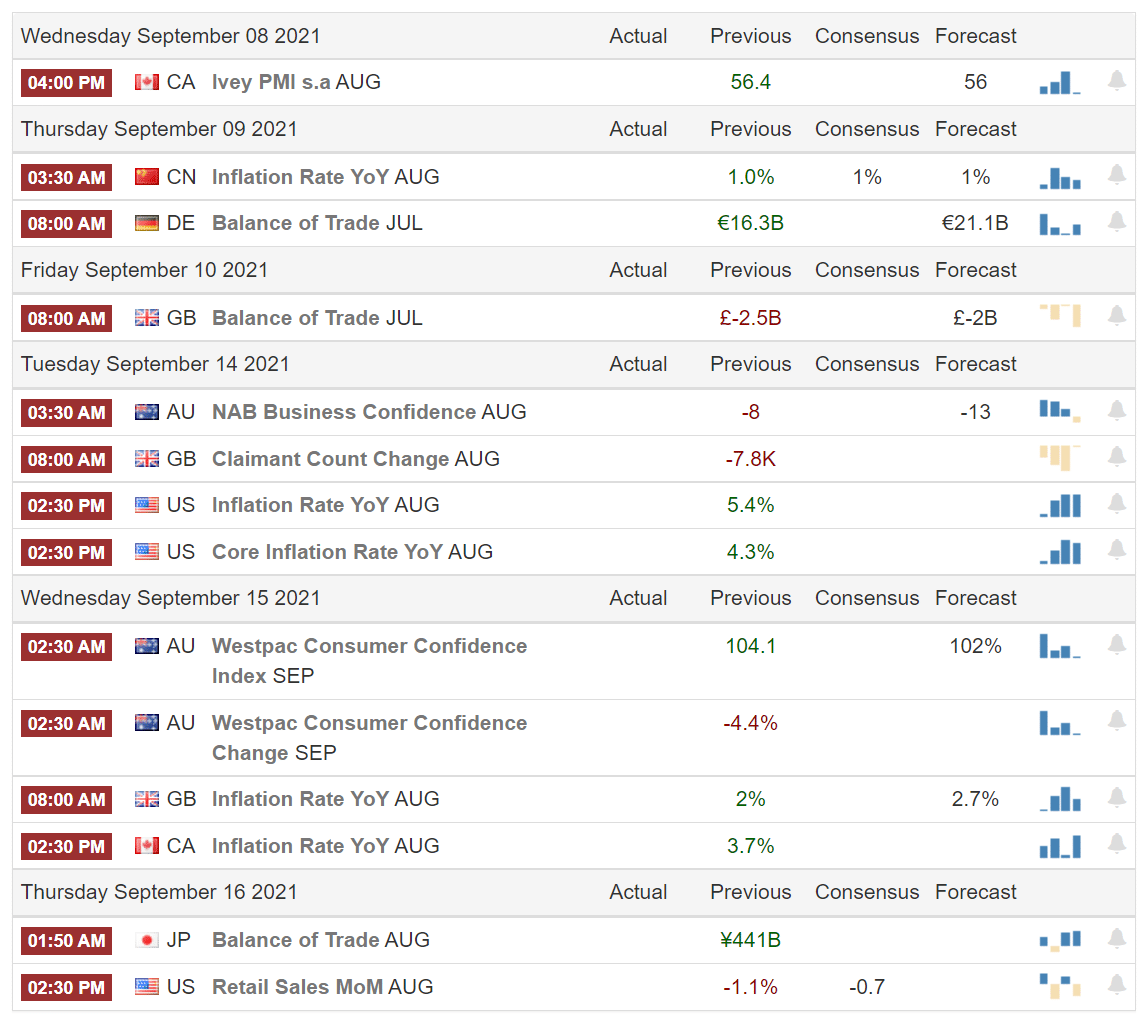
For the first part, what’s moving the market today, you can find any news site that talks about what you are trading (Bloomberg, Reuters, or just Twitter) and see what’s been driving the market (this takes only a few minutes). After that, just quickly go to any economic calendar you prefer and find out: Do we have any news that can have a substantial impact on the market? The best idea is to track what Federal banks are looking for and check just that, but you can usually check HIGH IMPACT data, too.
We are asking this question to get a slightly better understanding of our trade. If we have some vital data that can change the view and miss our trade, it’s wiser to wait for the data to come, or be aware that at a particular time you should be in front of your screen to make any fast adjustments, if that’s possible.
Question #3: What’s The Reason For Taking This Trade?
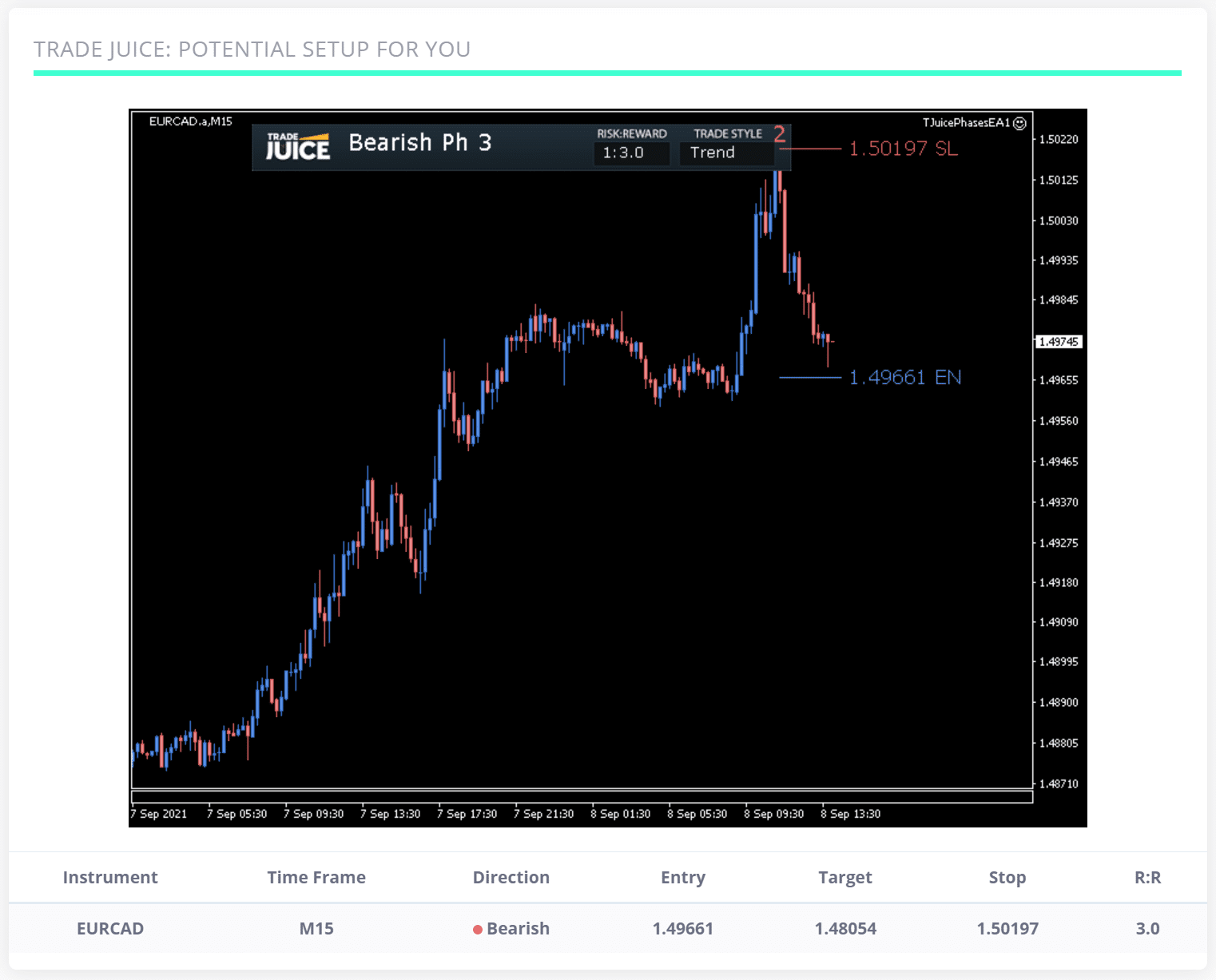
Quick Example: I’m looking to trade the EURUSD pair; the technical and fundamental picture shows a more bullish overview. Looking to enter a “Long Trade” at 1. xxxx level because “System Name” shows a strong buy zone.
Question #4: What’s my Risk Plan For This Trade?
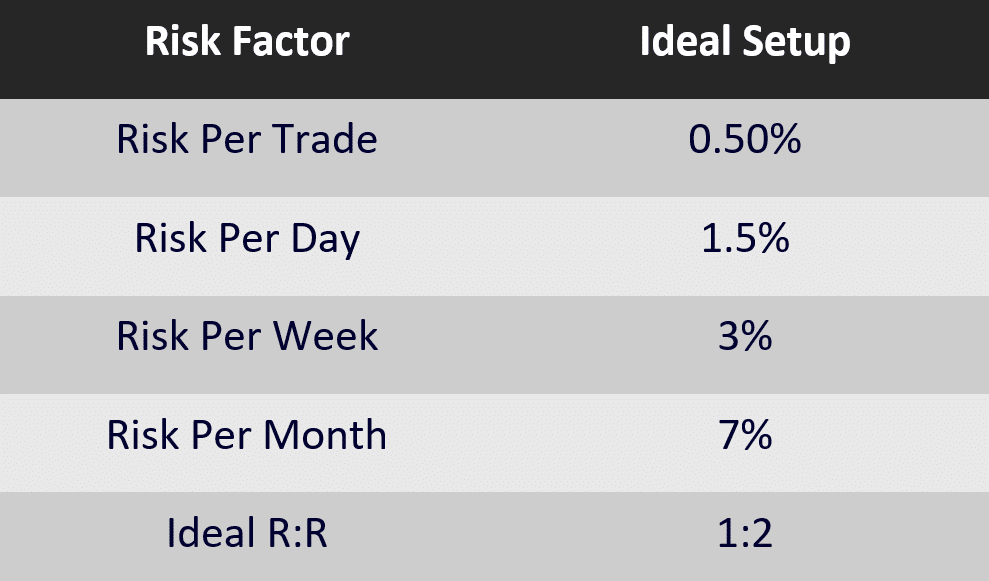
Question #5: How Other Correlated Instruments Align With My Trade?

Question #6: What’s My Backup Plan?
Try to make a backup plan for each of your trades to see what you can do if something goes against you, and how you could recover sooner. This can be, for example, if my EURUSD long trade doesn’t work, I’ll look for the break of the channel EURUSD below 1.xxxx level and look for short trades. Or you can look for opportunities in other instruments.
Conclusion
I hope you enjoyed this small article. If you have a good idea of what else should be on the list, you can leave it below in the comment section.
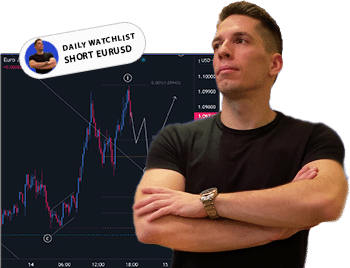
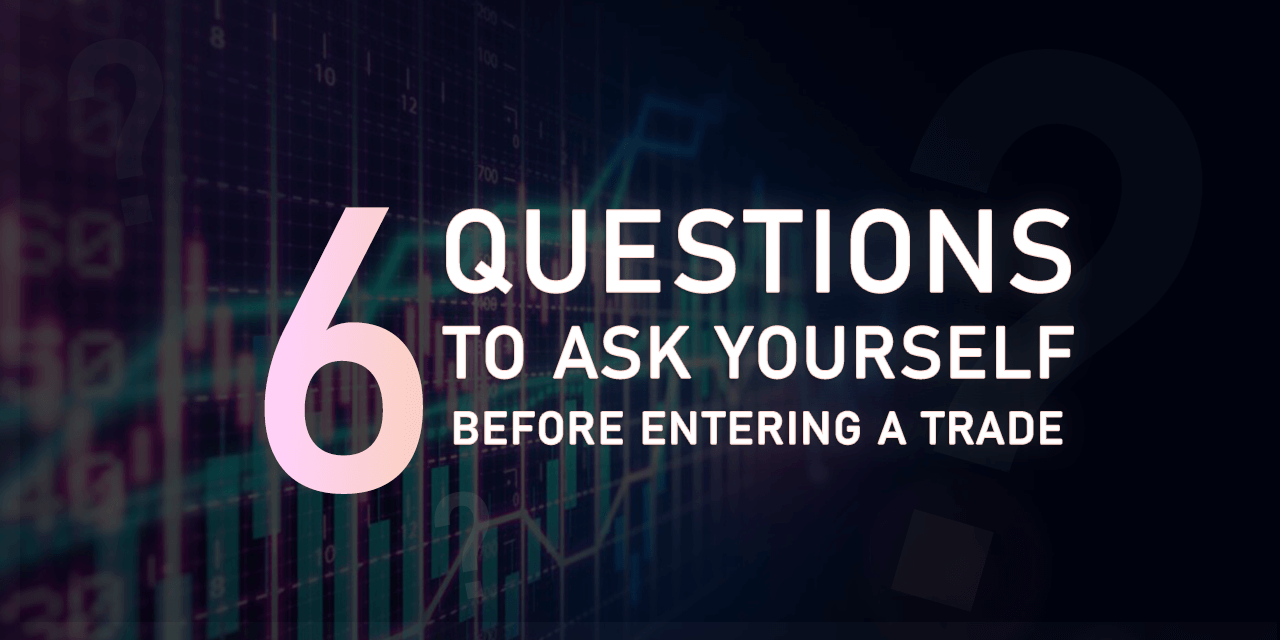

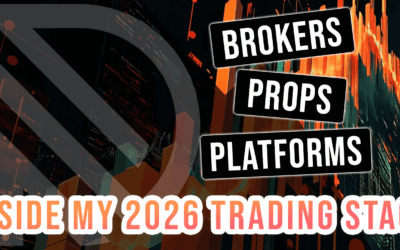
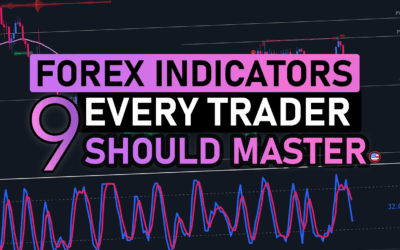
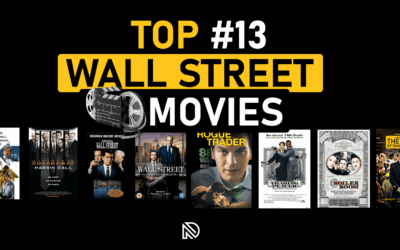
0 Comments